You've decided to go on holiday to Cyprus, bought your plane tickets and booked your hotel. It seems that all the hassle is behind you! But that's not the case! You still have to pack your things. Some people like to travel light, while others like to plan for every little detail. With low-cost airlines and carry-on flights becoming the new trend, the issue of compact luggage is more pressing than ever. A small backpack is much more convenient and cheaper than a bulky suitcase.
This raises the question: what should you take with you to Cyprus? To help you avoid unnecessary hassle and stress, we have prepared this short guide. In it, you will learn what to take with you, what will really come in handy in Cyprus and what you can leave behind and buy locally. We will also tell you about the local climate and culture.
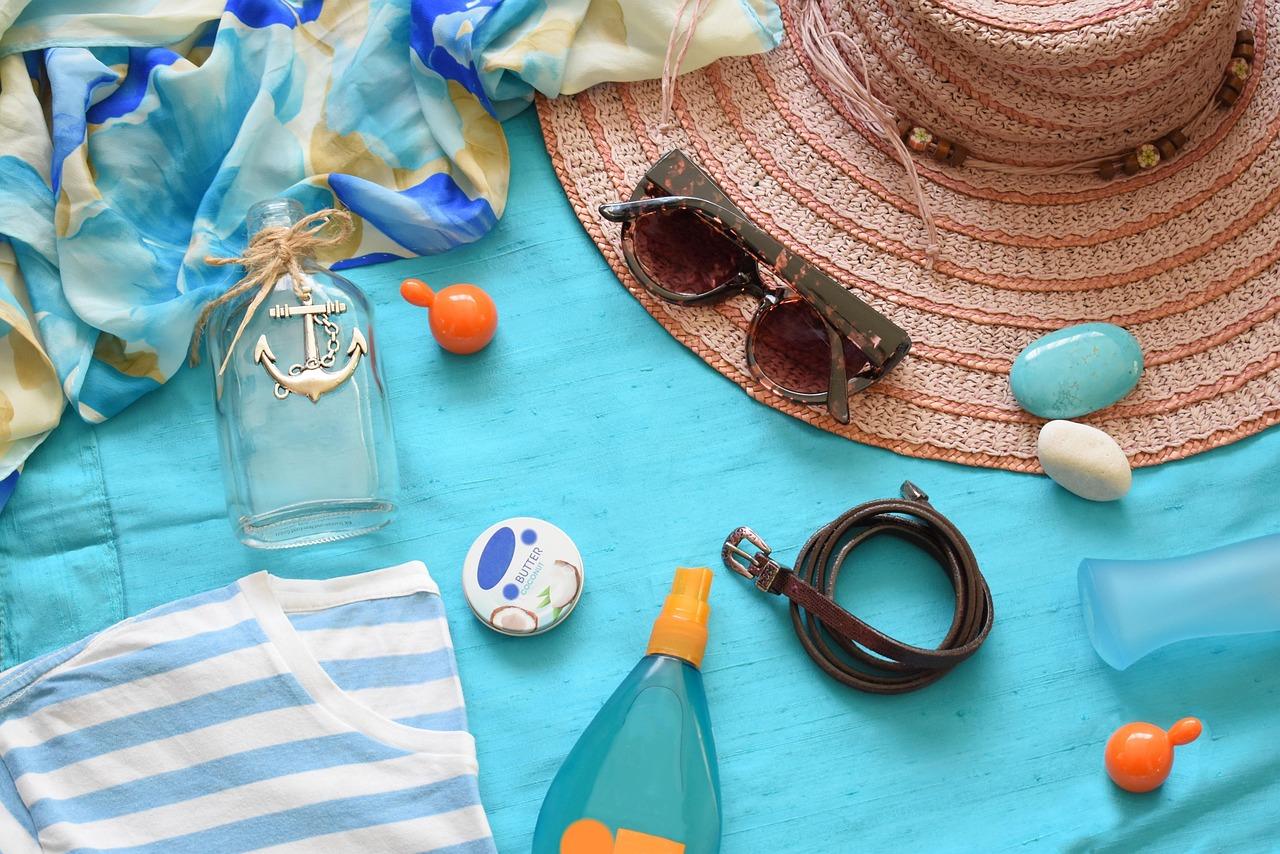
Seasons in Cyprus
Summer (June–August):
Cyprus has very hot and dry summers. Every day is predictably sunny and dry. August is the hottest month, with temperatures exceeding +40°C in Nicosia and +30°C on the coast.
The island has a very relaxed dress code, so suits and evening gowns are unlikely to be necessary. The best options for men are shorts and T-shirts. For going out, you can wear a shirt or polo shirt with light trousers. Women can wear summer and sundresses, as well as shoes with thick soles, because the asphalt heats up like a frying pan in the heat of the day in Cyprus.
Sandals and flip-flops are ideal for the city and the beach, while comfortable trainers are perfect for excursions and walks along nature trails. Despite the heat, it's a good idea to take a light jumper or jacket if you're going to the mountains. It's usually 10°C cooler in the mountains than in other parts of the country.
Autumn (September–November)
Autumn is considered the 'velvet season' in Cyprus. The weather on the island is very pleasant at this time of year, with warm days and cooler nights. In September and October, the daytime temperature reaches 25–30°C, and the sea, warmed by the summer sun, is still warm and comfortable for swimming. In early autumn, a summer wardrobe and a light cardigan for the evenings will suffice. It only becomes noticeably cooler in November, when the rains begin. Therefore, it would be a good idea to bring a jacket and autumn shoes.
Winter (December–February)
Winter in Cyprus is very mild compared to most European countries. During the day, the thermometer usually does not drop below 15°C. However, it can be very windy in Nicosia and the Troodos Mountains, and frosts are possible in the mornings and evenings.
In general, the weather in Cyprus in winter is quite changeable — sometimes there is an icy wind that chills you to the bone, and sometimes the sun comes out and it suddenly feels as warm as summer outside. It is best to dress in layers, such as a light top or T-shirt combined with a jumper or jacket. If you are heading to Nicosia or the Troodos Mountains, it is worth taking a scarf and a beanie with you. Winter is the rainiest season in Cyprus, so an umbrella will also come in handy and won't take up much space in your luggage.
Spring (March–May)
Spring is one of the best times of the year in Cyprus. This is when the island truly blossoms and the coast is already quite warm. However, frosts are still possible in the mountains in early spring. Therefore, jackets, jeans and cardigans are still necessary in March and April. In May, when the air temperature reaches 25–28°C, you can start wearing T-shirts, shorts and dresses.
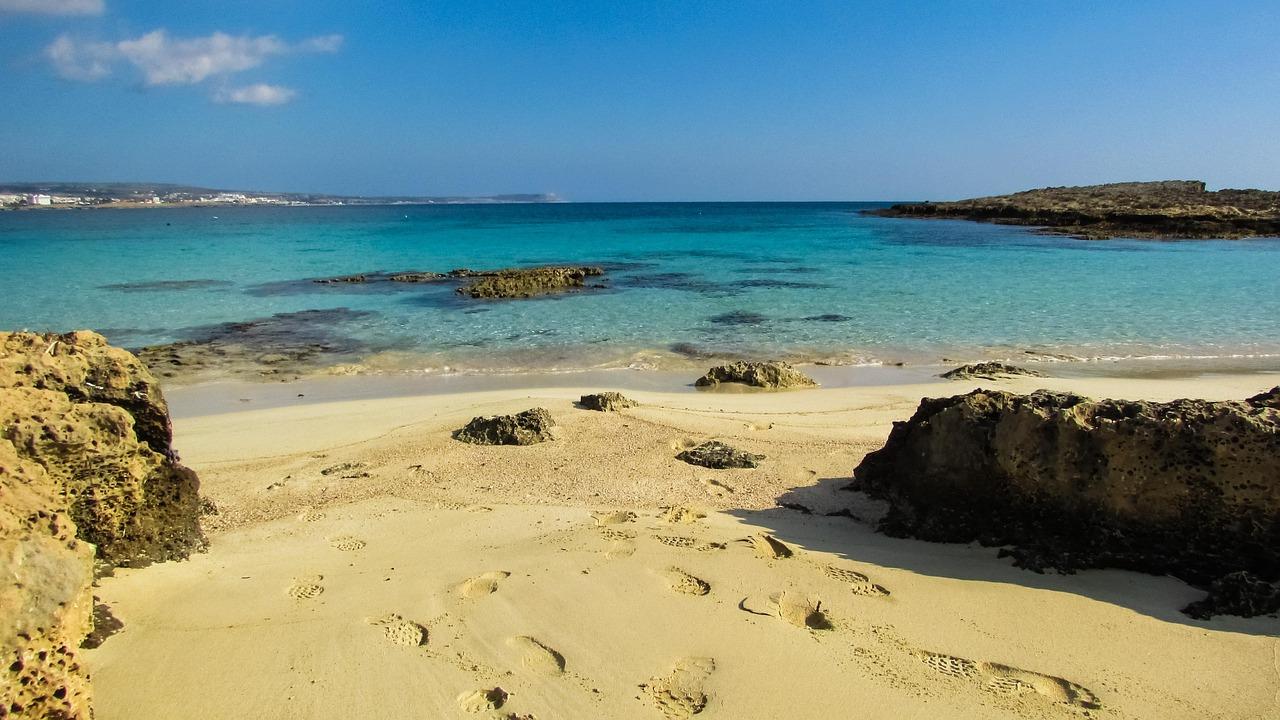
Beach holiday
Cyprus has everything you need for a beach holiday: the warm Mediterranean Sea, excellent resorts and beaches, and picturesque lagoons for diving. Forgot to bring your swimwear? No problem! The local beaches and resorts are close to shops and kiosks where you can buy everything you need, including swimwear, beach towels, inflatable rings, and beach volleyballs.
If you enjoy diving or snorkelling, it's a good idea to bring your own mask and snorkel, but you don't need to bring any other equipment as this can be rented on site. Many resorts have modern diving centres offering everything you need for water sports. Local beaches usually provide umbrellas and sun loungers for an additional fee of around €2.50 per person per day.
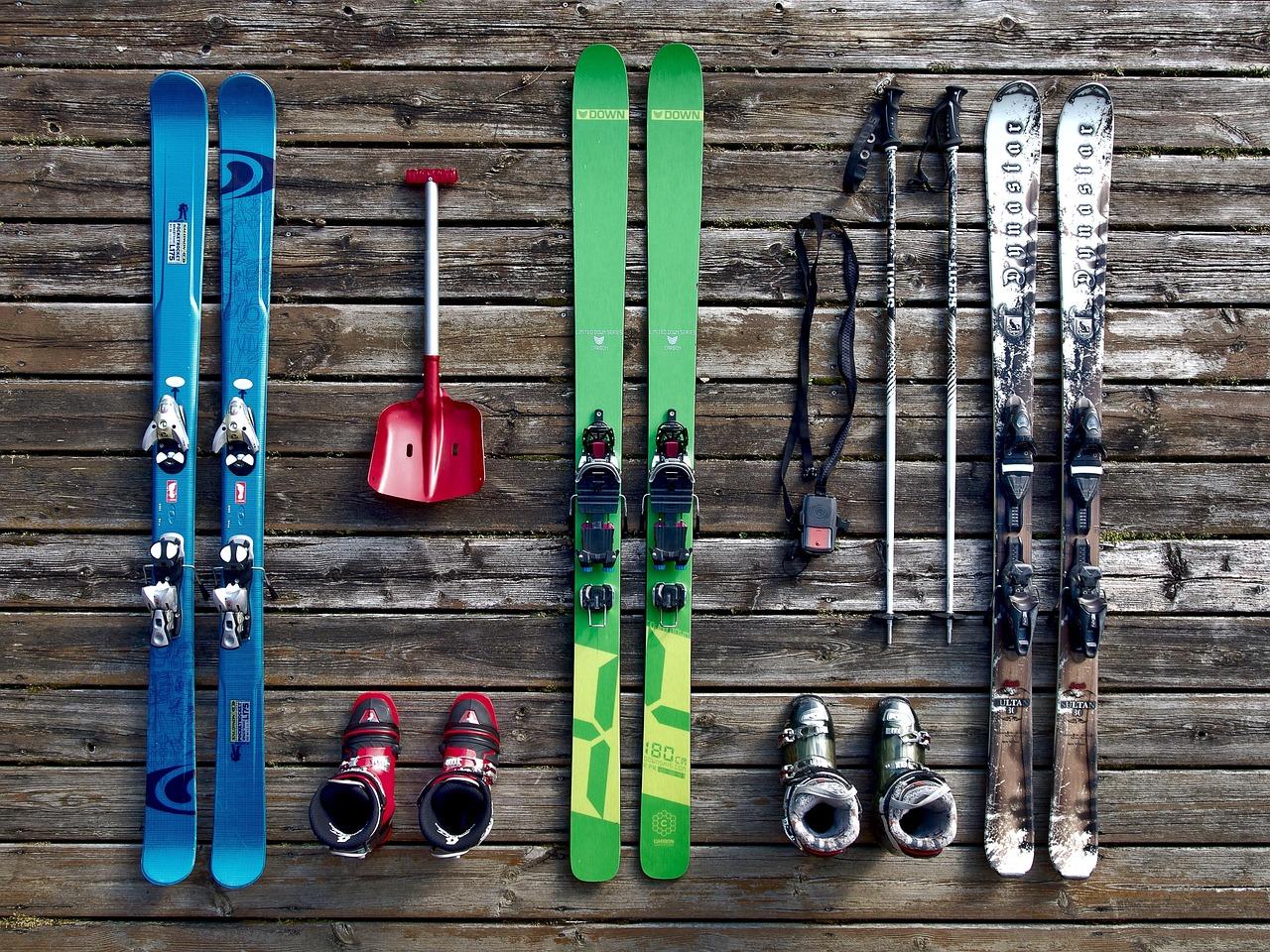
Holidays in the mountains
Cyprus has not only beaches, but also majestic mountains. Troodos is one of the island's natural treasures. In summer, you can hike along nature trails, and in winter, you can ski or snowboard. If you plan to try out the local ski resorts, there is no need to bring bulky skis and equipment with you as you can rent everything you need on site. All you need to bring is warm outerwear, shoes, gloves, a hat and a scarf.
Vacationing with children
A holiday with children, especially young ones, involves not only games and new experiences, but also a lot of luggage: nappies, bottles, toys — the list goes on. However, it is not necessary to take everything with you. Some five-star hotels can order everything you need for baby care in advance. Therefore, find out in advance if your hotel provides this service. The sun in Cyprus is very strong, so a rash guard with UV protection for children is a great solution.
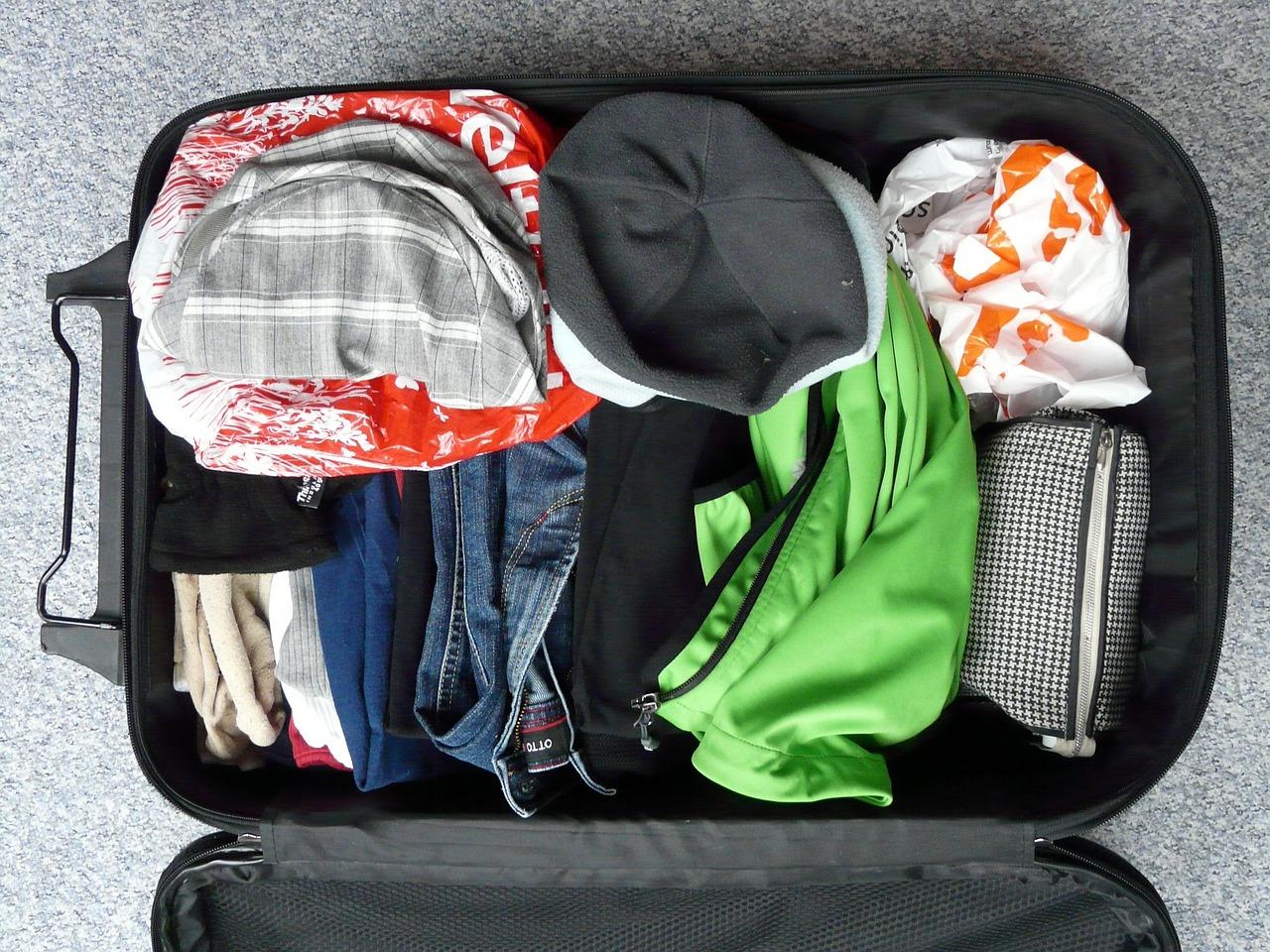
Essential items for the island
Adapter
Local sockets comply with the British G standard. They are not suitable for European plugs. Your hotel may provide you with an adapter, but it is better to stock up on them in advance to save time.
Sun protection
Cyprus has an extremely bright sun and very strong UV radiation. You can get sunburnt here in just a couple of minutes. Therefore, make sure you stock up on high-factor sunscreen (preferably SPF 50+ or higher) and sunglasses.
Insect repellent
Cyprus is home to many insects, especially voracious mosquitoes in summer. To prevent your holiday from becoming a nightmare, insect repellent is your best friend. Whether you bring them with you or buy them at a local kiosk is up to you. Just bear in mind that the island does not stock a wide range of insect repellents.
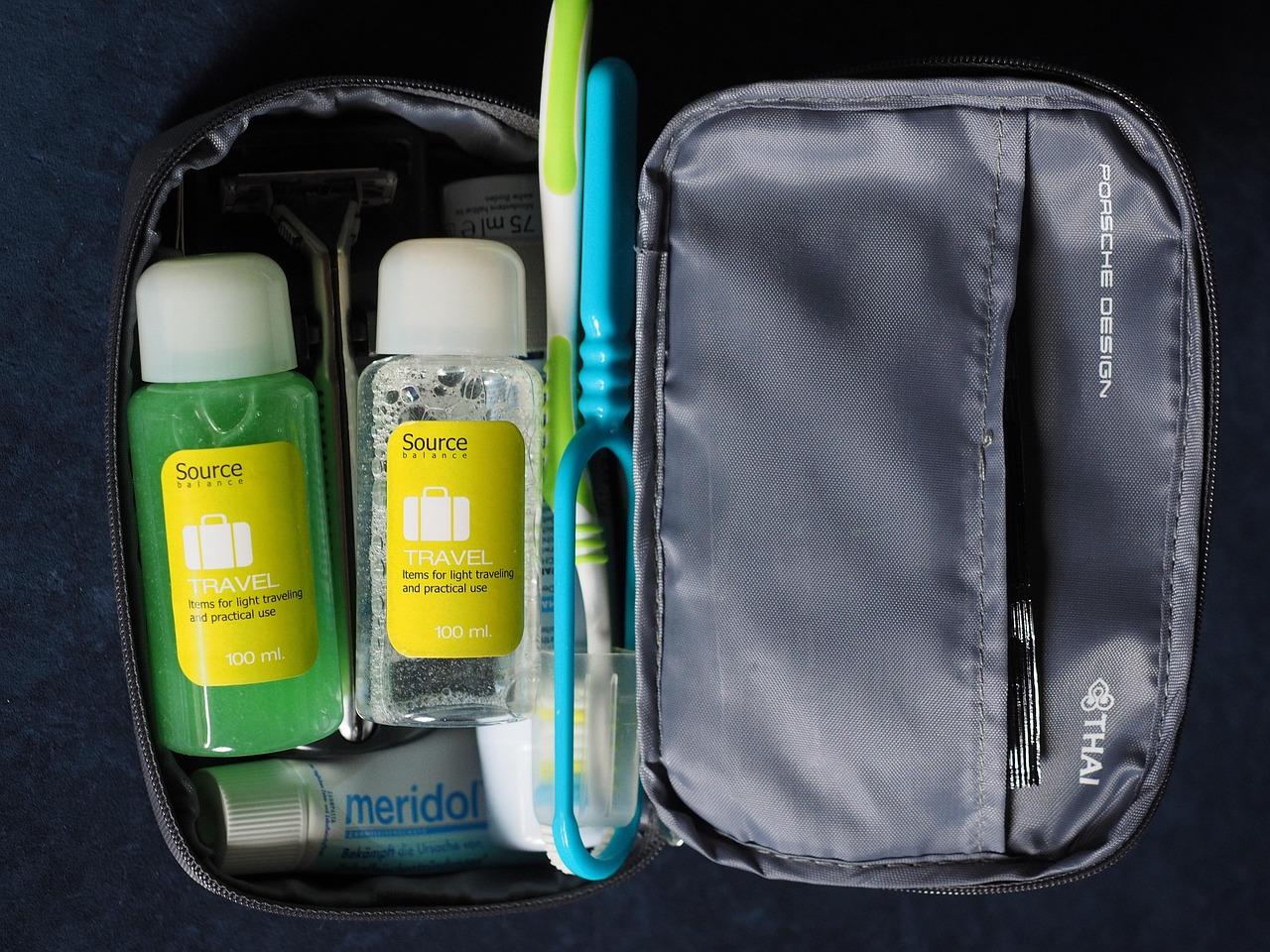
Here are some useful tips for a comfortable trip
- Make a list in advance so you don't forget anything important.
- If you want to rent a car, you may need additional documents, such as an international driving permit (IDP).
- If you have a Russian bank card, make sure you have enough cash or use a card from another country to pay in Cyprus.
- Create a travel budget in advance, taking into account the main items of expenditure.
- Pharmacies in Cyprus are usually closed on Wednesdays and at weekends, and it can be difficult to find ones that are open 24 hours a day. Take a first aid kit containing all the necessary medicines with you.
- If you are planning to visit monasteries and other spiritually significant places, dress modestly. Shorts and short skirts are not permitted. You could bring a light, long-sleeved cape or shirt.
- Summer clothes should be made of natural, breathable fabrics.
- Your hotel may provide beach accessories, such as beach towels, so you don't need to bring your own.
- Don't underestimate the Cypriot sun: always wear SPF cream, even for a short time outside.
- Although Cyprus has safe beaches, do not leave your personal belongings and documents unattended.
- If you are travelling to the northern part of the island, remember to take your documents with you.
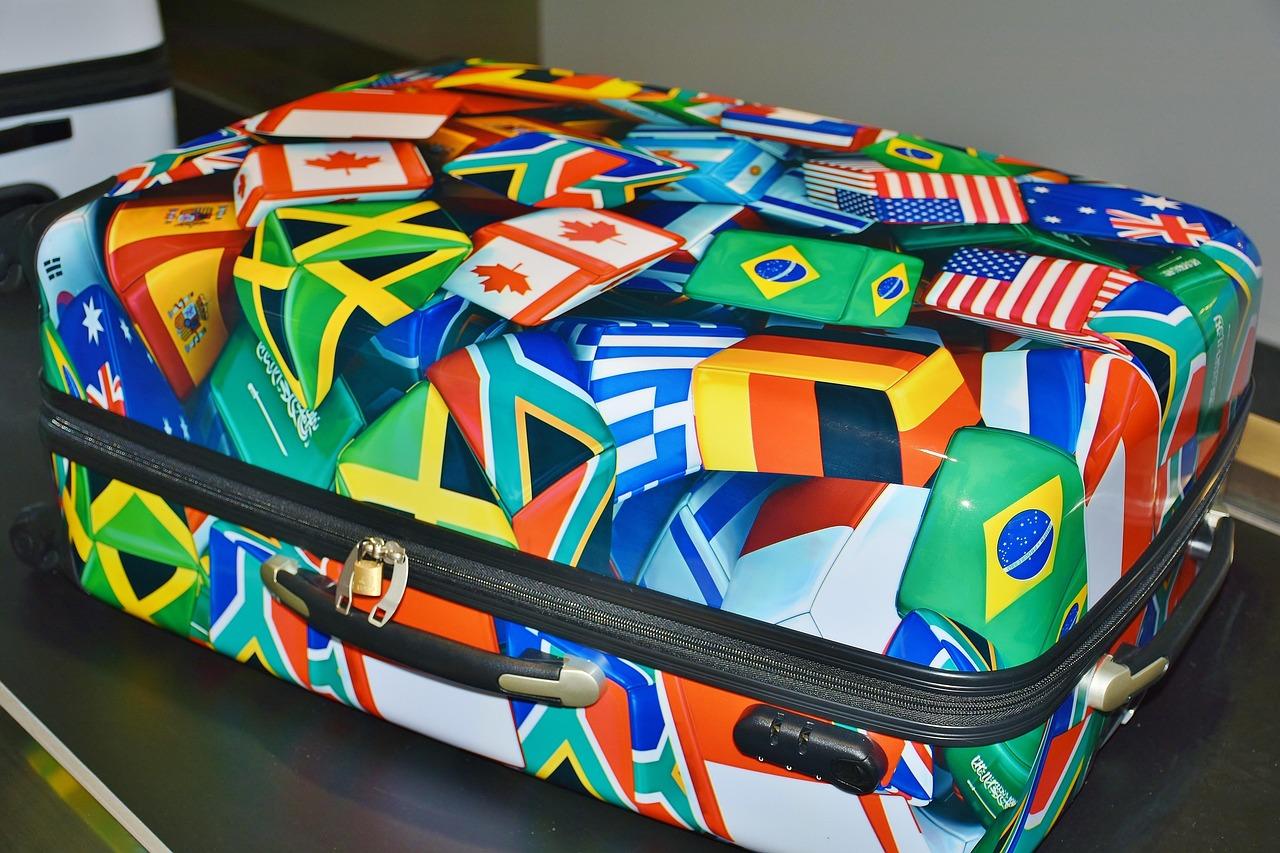
Preparing for a trip is always enjoyable. How do you approach packing your luggage? Do you make a list, or do you rely on your memory and intuition? Share your thoughts in the comments!
Read also:

